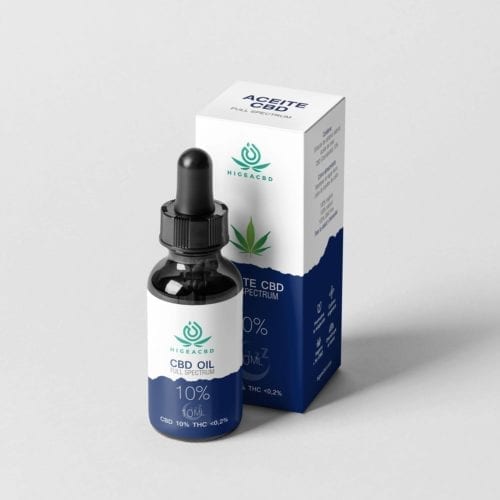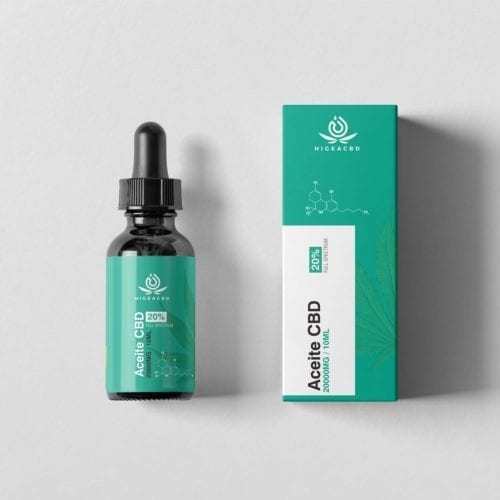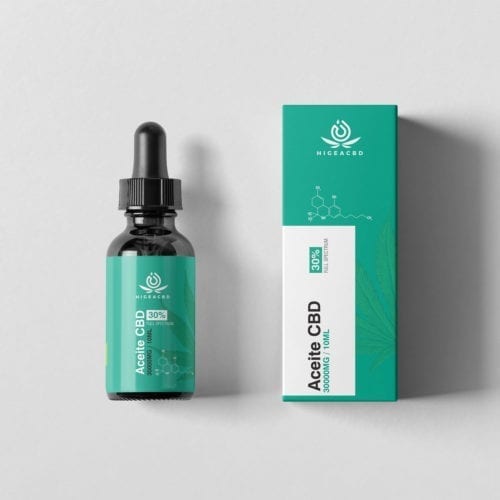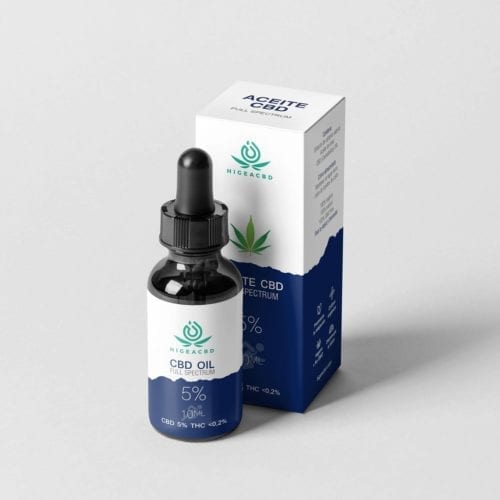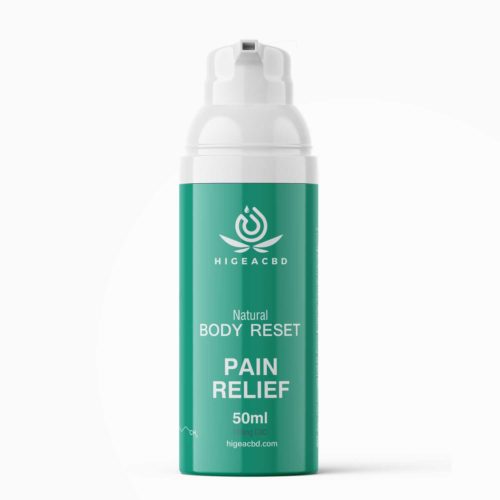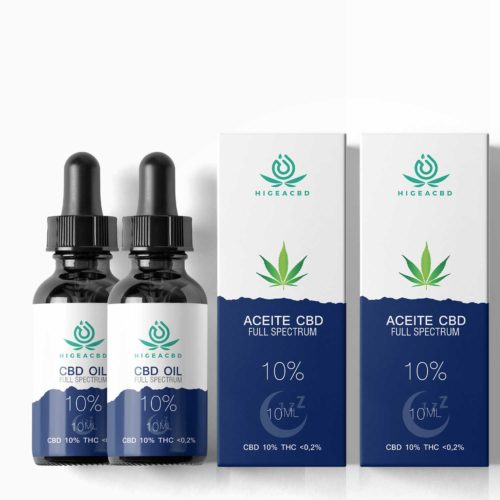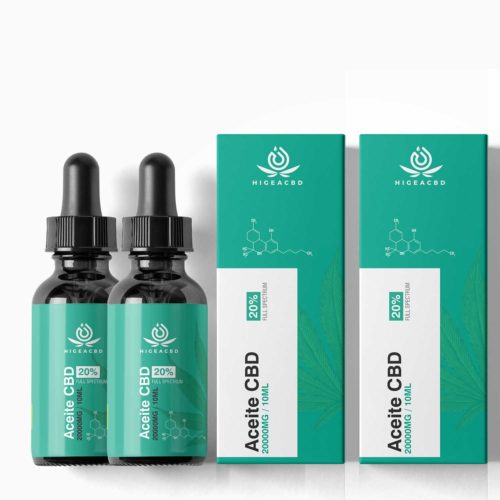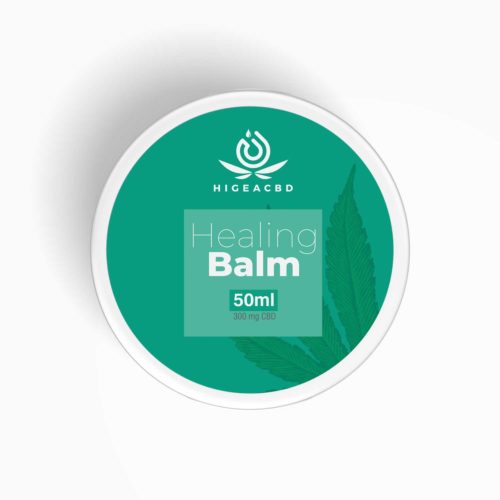Atopic dermatitis
There are many skin conditions that can cause discomfort and discomfort. One of them is precisely atopic dermatitis, also known as eczema. When this condition occurs on the face, it is called atopic dermatitis on the face. However, eczema can occur anywhere on the body.
Below we detail what atopic dermatitis consists of, the most common symptoms, as well as the causes and treatments. We will also talk about anti-inflammatory CBD creams, which are often recommended to treat eczema.
Showing 1–8 of 25 results
-
Sale!
Aceite Higea CBD 10%
29,95€ Add to cart -
Sale!
Hygea CBD Oil 20%.
49,90€ Add to cart -
Hygea CBD oil 30%.
89,95€ Add to cart -
Sale!
Aceite Higea CBD 5%
19,95€ Add to cart -
Higea CBD muscle pain cream 50 ml
21,95€ Add to cart -
Basic Pack
47,41€ Add to cart -
Medium pack
94,81€ Add to cart -
Sale!
Healing Balm Hygea CBD
19,95€ Add to cart
What is atopic dermatitis (eczema)?
Eczema or atopic dermatitis is a persistent and hereditary inflammatory skin disease, which usually manifests itself during childhood. It manifests in the form of patches on the skin, with a reddish, scaly and irritating appearance. It is common for small blisters with clear fluid to form on the surface of the skin. In addition, affected areas may leak.
On the other hand, the crying of babies with atopic dermatitis, indicates that the disease has become infected. This commonly happens with Staphylococcus aureus bacteria, also known as “staphylococcus aureus. Despite this, atopic dermatitis is not considered to be contagious.
It is also important to note that eczema can be mild or severe, and symptoms can change from day to day. Therefore, consult a doctor immediately if the condition worsens, disturbs your sleep, or becomes infected.
Moisturizers and cortisone-based ointments may help relieve discomfort. However, it is essential to avoid using skin irritants such as soap and synthetic clothing. Even hot water can aggravate the problem.
In addition, when a baby is diagnosed with atopic dermatitis, there is a high risk that the little one will develop food allergies, asthma and hay fever later in life.

What are the causes of atopic dermatitis?
Atopic dermatitis is caused by the body’s inability to repair damage to the skin barrier. This is due to a mutation in the gene for filaggrin, a protein essential for the development of the skin barrier. Normally, the filaggrin gene is found in two copies in each skin cell. However, people who are prone to atopic dermatitis have only one copy of the gene.
While only one copy of the gene is required for normal skin barrier formation, two copies are required for skin barrier repair. In addition, a person with only one copy of the gene may be impaired in their ability to restore the skin barrier if their skin is exposed to irritants. The skin becomes dehydrated when the skin barrier breaks down, becoming dry and flaky. Environmental allergens can also penetrate the skin and activate the immune system. As a result, inflammation and itching of the skin occurs.
Another cause of atopic dermatitis is hereditary. In other words, if you have a family history of eczema or allergic disorders such as hay fever or asthma, you’re more likely to have this condition. Diet does not cause or aggravate eczema in most cases.
But if you suspect a food allergy, consult your doctor or nutritionist for allergy testing and to obtain the appropriate diet. Although eczema can induce stress and stress in turn can increase the amount of energy you spend scratching, stress does not cause atopic dermatitis.
Factors that trigger eczema
Atopic dermatitis is more likely to occur when you are exposed to certain triggers.
Among them we highlight the following:
- Direct contact with environmental irritants.
- Heat can also increase itching and make peoplewith atopic dermatitis scalpmore prone to scratching.
- Allergic reaction to specific foods is rare. However, it can occur shortly after consuming the problematic dish, experiencing redness and swelling around the lips.
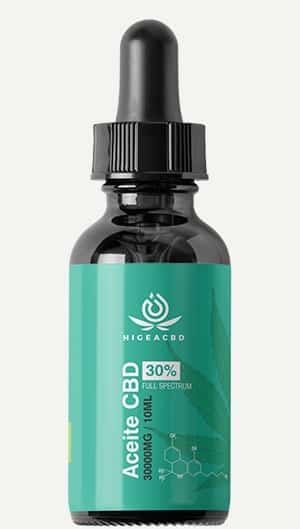
Atopic dermatitis symptoms
There are different physical symptoms of eczema, which can vary from person to person, depending on the area where the condition appears. The main symptoms of atopic dermatitis include:
- Dry skin.
- It is also common for red, scaly areas to form on the front of the elbows, as well as on the backs of the knees.
- Watery discharge in the affected area.
- Itching and the appearance of sores that can become infected by bacteria.

How to deal with atopic dermatitis?
Many everyday situations that are common for most people, such as heat, frequent showers, soap, heating, and overheating in bed at night, actually aggravate the symptoms of atopic dermatitis.
So, if you’re wondering how to deal with eczema, there are certain things you can do to control and reduce flare-ups of atopic dermatitis. For more information and a more accurate diagnosis, you should always consult your doctor or dermatologist.
Here are some tips for dealing with atopic dermatitis effectively.
Good hygiene is essential
Skin affected by this type of dermatitis tends to be more susceptible to infections such as impetigo, cold sores and warts. Staphylococcus aureus bacteria can cause impetigo as a secondary infection, even worsening the symptoms of eczema. That is why maintaining good hygiene is essential.
Therefore, we recommend the following:
- Avoid excessively hot showers, and take warm baths or showers instead.
- Regular soap can aggravate atopic dermatitis on the face because of the chemicals. Therefore, you should only use lukewarm water to wash your body.
- Non-soap atopic dermatitis treatment, such as moisturizers, should be used in the armpits and groin.
- Another hygiene tip for atopic dermatitis is the use of bath oils, as they can help moisturize your skin.
- When you get out of the shower, it is recommended to dry your body with gentle movements instead of rubbing.
Reduce skin irritation
If you suffer from atopic dermatitis, you probably have extremely sensitive skin. Consequently, irritants such as heat and detergents can easily trigger an eczema outbreak.
The following are some suggestions for reducing skin irritation:
- Be sure to keep your skin fresh. Instead of wearing one thick garment, wear several layers that you can remove as needed. Also, avoid using too many blankets and comforters on your bed.
- It’s also not good for you to use bubble bath products, scented bath products, or bath products with the word “medicated” on the label.
- It is recommended that you use materials that are soft and silky next to your skin, preferably 100% cotton.
- You should avoid garments made of pure wool, polyester or acrylic. Instead you can choose a combination of cotton and synthetic, which is suitable for some people suffering from eczema. Don’t forget to take the tags off your clothes.
- When handling any chemicals or detergents, always wear protective gloves.
- If possible, avoid swimming in pools, as chlorine can also irritate your skin. If swimming in a chlorinated pool is necessary, be sure to moisturize your skin after swimming.
Be careful with beauty products
When using beauty products it is important that you take into account the following recommendations to avoid irritating your skin.
- Many do not know, but even hypoallergenic cosmetics can cause skin irritation. So if you suffer from atopic dermatitis on your face, it’s best to keep your face as makeup-free as possible.
- It is also advisable to avoid using perfumes, perfumed skin creams and shampoos with strong scents.
- In case you want to try a new cosmetic, first apply a small amount to your forearm. If you experience a reaction to the product, do not use it again.
Allergies and temperature changes
Atopic scalp dermatitis may be the result of an allergic reaction to environmental stimuli in some situations. Allergy testing may be beneficial for some people with resistant eczema. A skin prick test for common environmental allergens such as dust mites, mold and pollen is recommended.
On the other hand, a sudden change in temperature or humidity, such as going in and out of air-conditioned or heated buildings on hot or cold days, can irritate the skin. In addition, itching can also happen as a result of strenuous physical activity that causes you to sweat heavily.
To avoid this we recommend the following:
- Do not overheat your home during the winter. When you go out, don’t forget to wrap up warm and take off your extra clothes as soon as you get home.
- It’s also not good to cool your house too much during the summer. Air conditioning can irritate your skin because it dries out the air.
- If the day is very hot, avoid intense physical exercise. Do your most demanding physical activities first thing in the morning, or in the evening, when the sun is setting.
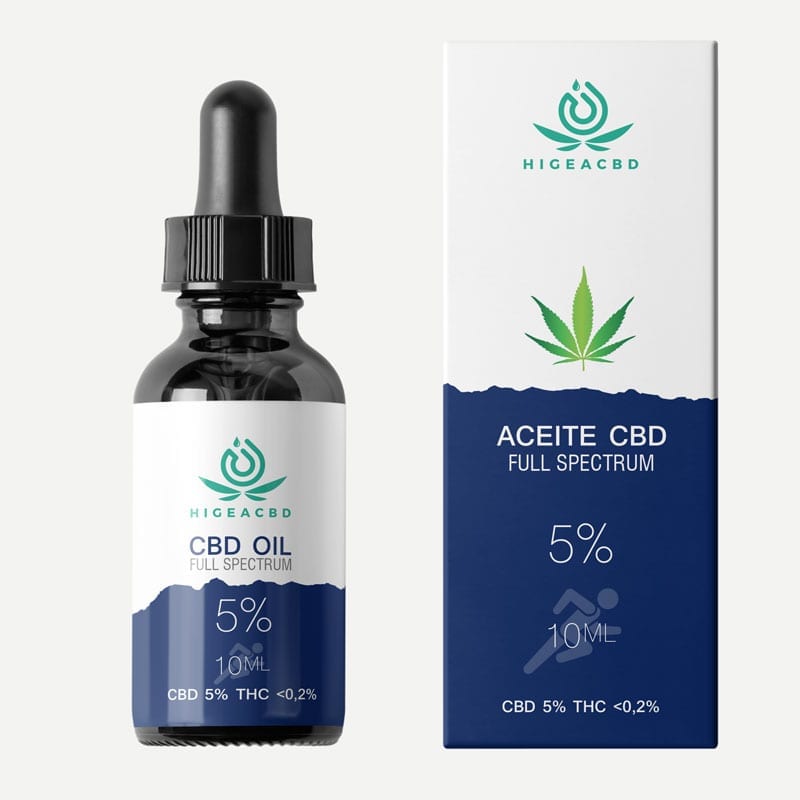
Atopic dermatitis treatment: What is the best way to treat eczema?
Treatment of atopic dermatitis may include the use of moisturizers, ointments, topical corticosteroids, as well as anti-inflammatory creams, and even dietary changes. In the specific case of the anti-inflammatory cream, it is known to provide effective results, reducing discomfort and discomfort.
Anti-inflammatory creams with CBD for atopic dermatitis
Higea CBD creams for example, are creams enriched with CBD, formulated to treat skin conditions such as atopic dermatitis. In other words, these creams maximise the anti-inflammatory and soothing properties of cannabidiol CBD. Whether it’s atopic dermatitis face, or atopic dermatitis scalp, these CBD creams condition, moisturize, and soothe the skin.
Not only that, using an anti-inflammatory cream with CBD provides the skin with the most essential minerals and vitamins. Even better, the new Higea CBD creams can restore the skin barrier, reduce inflammation, and increase skin elasticity.
The anti-inflammatory CBD cream also protects the most sensitive skin and does not cause irritation. In addition, these CBD atopic dermatitis creams contain a lot of antioxidants, so they help you get rid of free radicals.
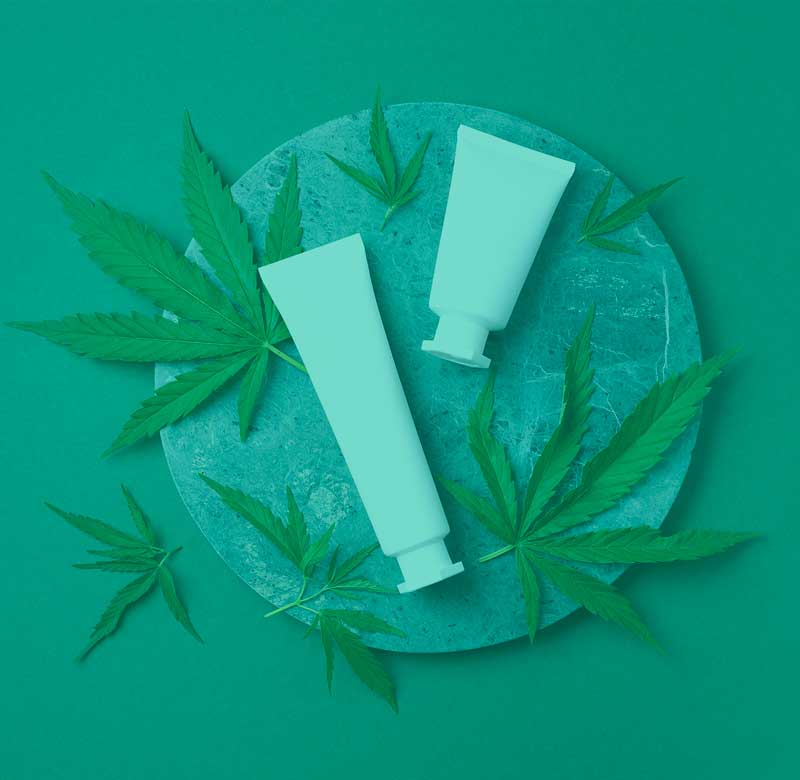
Other treatments for atopic dermatitis
- Moisturizers (emollients). Using moisturizers can help treat eczema by adding moisture to the skin. It is recommended to apply a moisturizer daily to clean, dry skin, especially after showering.
- Oral corticosteroids. Especially in more severe cases of atopic dermatitis, your doctor may recommend a short course of oral corticosteroids. However, it must be done under close supervision of your doctor, because symptoms may get worse after treatment ends.
- Coal tar. Another treatment option for atopic dermatitis is coal tar. It is recommended to reduce itching, although it has a strong odor, and can stain clothing. It may also irritate the skin in some people, so use with caution.
- Phototherapy. It is also known as ultraviolet radiation therapy, and is recommended to reduce the symptoms of chronic atopic dermatitis. However, this must be done under supervision, and most of the time it takes up to 30 sessions to see results.
Why is it important to treat eczema?
Atopic dermatitis baby should be treated as soon as possible to avoid complications. In this sense, keeping the skin intact and clean is the best defense against skin conditions. In fact, a person with eczema is more prone to viral and bacterial infections.
The aforementioned Staphylococcus aureus, which causes impetigo, is one of the most common. But herpes simplex virus infection, or cold sores, can also occur.
And that’s not all, if atopic dermatitis is left untreated, it is possible for warts or small bumps to form, caused by a viral infection. Although warts often go away without treatment, this may be after up to a year.
Related articles
Sebum-regulating effect of CBD
CBD creams can be effective in regulating sebum production, which is known to be one of the causes of acne Enter!
Atopic skin remedies
CBD is an anti-inflammatory that can help with atopic skin. Enter Higea CBD and discover its potential.
Anti-inflammatory cream for dogs
Creams enriched with CBD are giving very good results in pets: dogs and cats can use it. Come in now!
Anti-inflammatory cream for plantar fasciitis
Plantar fasciitis can be very painful. A cream enriched with CBD can help a lot for this ailment. Come in now!
Best anti-inflammatory cream for athletes
There are many anti-inflammatory creams for athletes, but CBD-enriched creams have additional effects. Enters!
Best anti-inflammatory cream for tendinitis
What is the best anti-inflammatory cream for tendinitis? The cream enriched with CBD from cannabis will help you. Enters!
Subscribe to our newsletter
Subscribe and receive a 10% discount on your purchase.
Store
Categories
Guides
Legal notice and privacy policy

